By Dr. Suleiman Walhad
(April 14th, 2022)
U.S. Envoy David Satterfield, the top US envoy to the region is reported to be on his way out just after a number of months on the job. His predecessor Jeffry Feltman barely stayed for about a year and also left unceremoniously. The big question is why is America’s policy in the Horn of Africa failing and what is forcing its top diplomats to give up their jobs so quickly? Is this related to the envoys not fully enjoying the support of the State Department or are there other major forces playing behind the scenes?
The Horn of Africa States is not fully defined in the international lexicon for some references to the region as including only Ethiopia and Sudan, while others extend it further to include the real Horn of Africa States (Somalia, Ethiopia, Eritrea, and Djibouti) while still others include the old IGAD region including the extended region, which includes Sudan, South Sudan, Uganda and Kenya in addition to the Horn of Africa States.
This would naturally be confusing for any envoy, and we are not surprised that those appointed to carry out their diplomatic activities in the region get easily confused and then quit when they cannot sift through the maze of a complex region such as the Horn of Africa States represents. As we pointed out time and again on many occasions, the Horn of Africa States is a region that always determined its destiny throughout history and would continue to do so in the future, despite the fact it is today divided into four countries – The SEED or Somalia, Ethiopia, Eritrea, and Djibouti.
It would seem the Americans have not yet defined for themselves what the Horn of Africa represents for them, and it is where we tell our friends, the Americans, that you cannot put the cart before the horse. We are working on setting up the true Horn of Africa States and we need them to join us to create the block and properly define it to include the four Horn of Africa States only. Countries like Kenya, Uganda, and South Sudan already belong to the Swahili-speaking world of East Africa, while Sudan enjoys better relations and connections with its Arabic-speaking neighbor, Egypt, unless Sudan decides which side of the fence it really belongs to.
We are fairly sure those at the top of the American diplomacy would not be happy with these sudden departures of their envoys. We advise them not to send your envoys on wild goose chases. Define the region first like we do and work your interests through a cohesive Horn of Africa States built on the principle of a partnership of the member states in a format acceptable to them. This would help the Horn of Africa States look after its interests and the interests of its friends. Note the Horn of Africa States is not greedy but only wants to protect its security for peace and development of its people, which is currently plagued by famines and droughts and uncalled-for internal conflicts arising from the competition for the meager resources of the region and interferences from the newly rich West Asian states across the Red Sea, who entice some of the unscrupulous sons of the region with bribes and corrupt activities.
The Horn of Africa States, despite the belief systems of those who write about the region, is capable of solving and handling its crisis and its problems. We feel sorry for those career diplomats who have been influenced by those who read the region wrongly such as the media outlets or policymakers and even the NGO armies who thrive on the miseries of Africa. The poor diplomats were fed with advice and counseling that ultimately failed them and they had to run, the only option open for them. The Horn of Africa States once defined properly offers America a good friend but are their ears to hear this, in the State Department or in its policymaking circles. This we leave it to America.
A collective policy directed at the Horn of Africa States would go a long way to stabilize not only the region but also serve America’s foreign policy and interests in the region. We must, in this respect, note that the region straddles one of the most important seaways of the world and controls the source of water for millions of people down the Nile basin and the other basins that surround the region or within the region.
A similar approach by the European Union would also be more helpful. Like the United States, the EU seems to define the region as inclusive of all the IGAD members, which is not correct. As we pointed out earlier, South Sudan, Uganda, and Kenya belong to the East Africa Community, while Sudan has closer relations with Egypt than the real Horn of Africa States (Somalia, Ethiopia, Eritrea and Djibouti). A more focused approach on the matter would make the work of diplomats working in the region more concentrated and not haphazard as it presently appears. The key partner for the EU and for that matter any other country with a special interest in the region should focus on the Horn of Africa States and not on the wider East Africa region which can be extended to as far south as Mozambique and as north as Egypt. Working in that region of the Horn of Africa States would facilitate and underscore the job of an envoy sent from any quarter.
We are aware the Chinese have their own envoy for the region and so has the United States, the EU, the United Nations Organization, and the African Union, making the region prominent among the many regions of Africa, in terms of security, political, and developmental challenges, and its strategic location. The region is ill-defined and represents different geographical connotations for those with special envoys to the region. And we, therefore, do advise those who are interested in the region to revisit what they refer to as the Horn of Africa for the Horn of Africa truly represents only four national countries, namely Somalia, Ethiopia, Eritrea and Djibouti, the countries that together form the true Horn of Africa and which face together the Red Sea, the Gulf of Aden and the Somali Sea or upper Indian Ocean.
The region is close to the Arabian Peninsula and does enjoy similar cultural affinities with that region, but the importance of the Horn of Africa States derives from its location and the large diaspora population it has all over the world from Asia to Europe to the Americas, and even to Australasia, wherein many countries they play significant political influences, not only in the top political echelons and academicia of those countries but also in smaller communities.
The Horn of Africa States has been at war within itself for quite a long time and it is only recently that the region is waking up to its rightful place and potential, where the emphasis is more on cooperation among the member states instead of fighting each other for the betterment of its population. The Horn of Africa States is currently in process of reforming itself into a regional block, where its populations can and should move to each other freely and where business and finance development within the region should be in the form of a common market and where eventually an expansive economic and foreign policy collaboration is being worked out slowly but surely. The countries of Somalia, Ethiopia and Eritrea are already closer together than they ever were in the past and Djibouti is to follow soon.
The region’s governance in the past was based on narrow nationalistic premises, which has caused miseries throughout the region and beyond and the region is only finding its way out from this narrow and simplistic approach to a more collaborative and teamwork approach that would benefit the total population instead of the political elite who all seem to be working for foreign elements that thrive on the broken backs of the poor population of the region.
Governance based on narrow nationalism has been a misery and it is high time the people of the region learned that they can live together, help each other and be as good neighbors to each other and be proud of their ages-old history in the region. Why shouldn’t a fellow from Mogadishu set up shop in Addis Ababa or Djibouti or Asmara as they do in Durban, South Africa or Dubai in the UAE and likewise why shouldn’t there be a nice Ethiopian restaurant in Mogadishu or Djibouti or Asmara and why shouldn’t there be a business from Asmara in any of these other cities and why shouldn’t people be able to move freely throughout the region without fear as was created by the old politicians, who segregated the populations from each other.
The security of the region would be better served as well when all the local security services in the region are working together instead of working against each other for such a collaborative attitude will remove a major asset of the interrupters of the security infrastructures of the region for they will not be able to find where to hide. They cannot use one country against the other as they used to do in the past and an overall peaceful and stable environment would thus be created. The Horn of Africa States are interconnected and interdependent and this should help create an environment of closer cooperation among the ruling elite and the populations. Such a warmer relationship among the governing circles within the region would improve the interconnectedness and interdependence the region already enjoys.
The foreign parties who are interested in the region should in the future look at it with one lens – a regional lens that creates a closer cooperation among the partner members, instead of dividing them like they used to do in the past. We have seen that such policies have failed both the region and those who instigated the divisions as well. This cannot be repeated!
*Dr. Walhad writes on the Horn of Africa’s economies and politics. He can be reached at suleimanwalhad@yahoo.com.

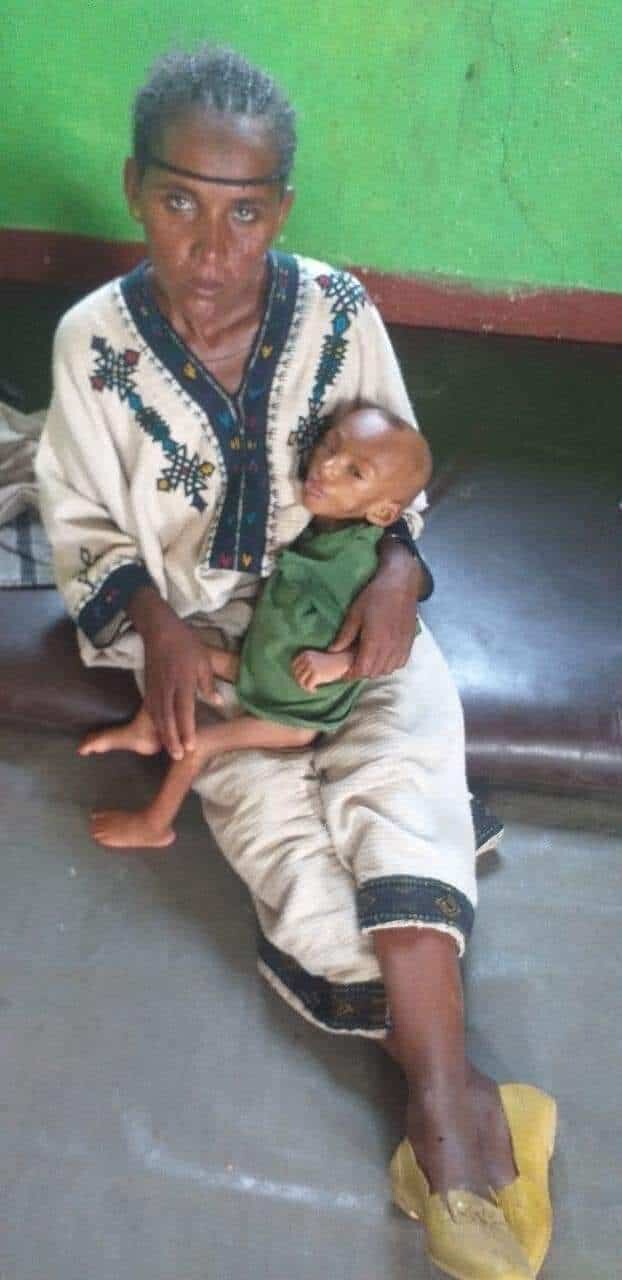
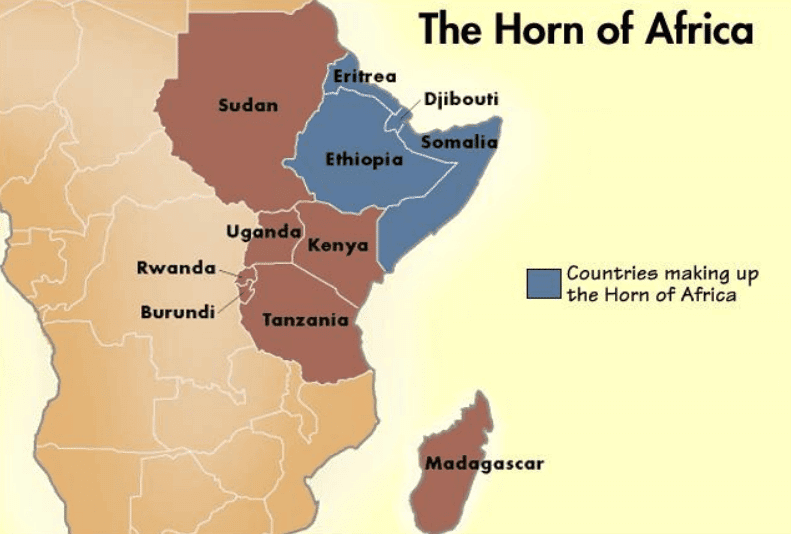

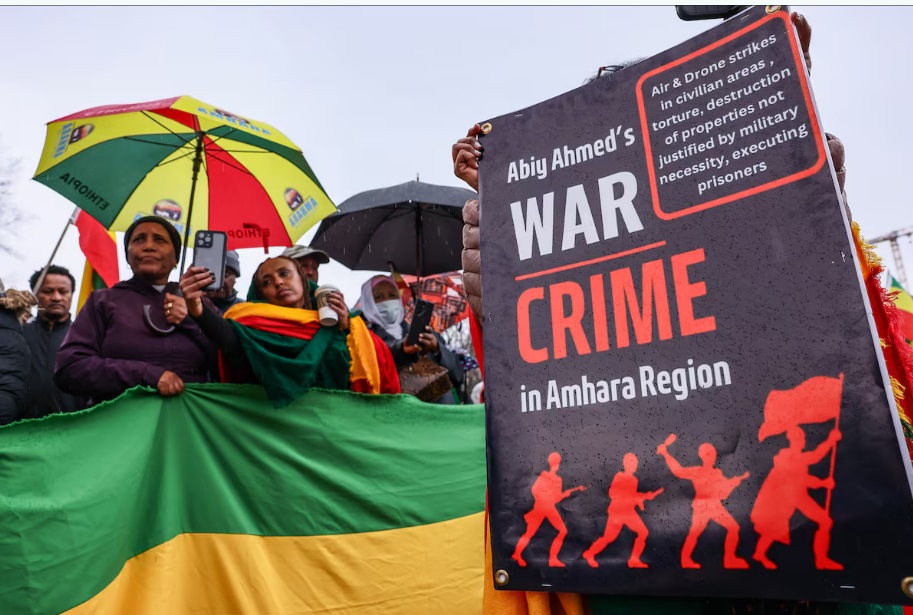

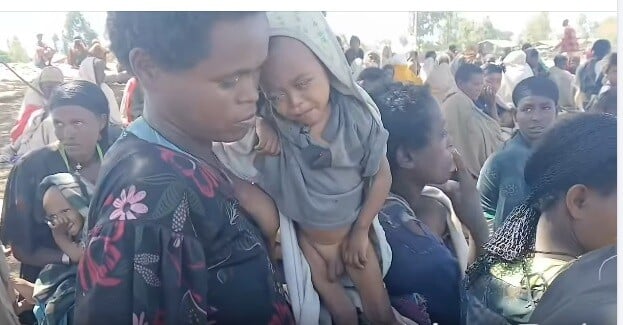


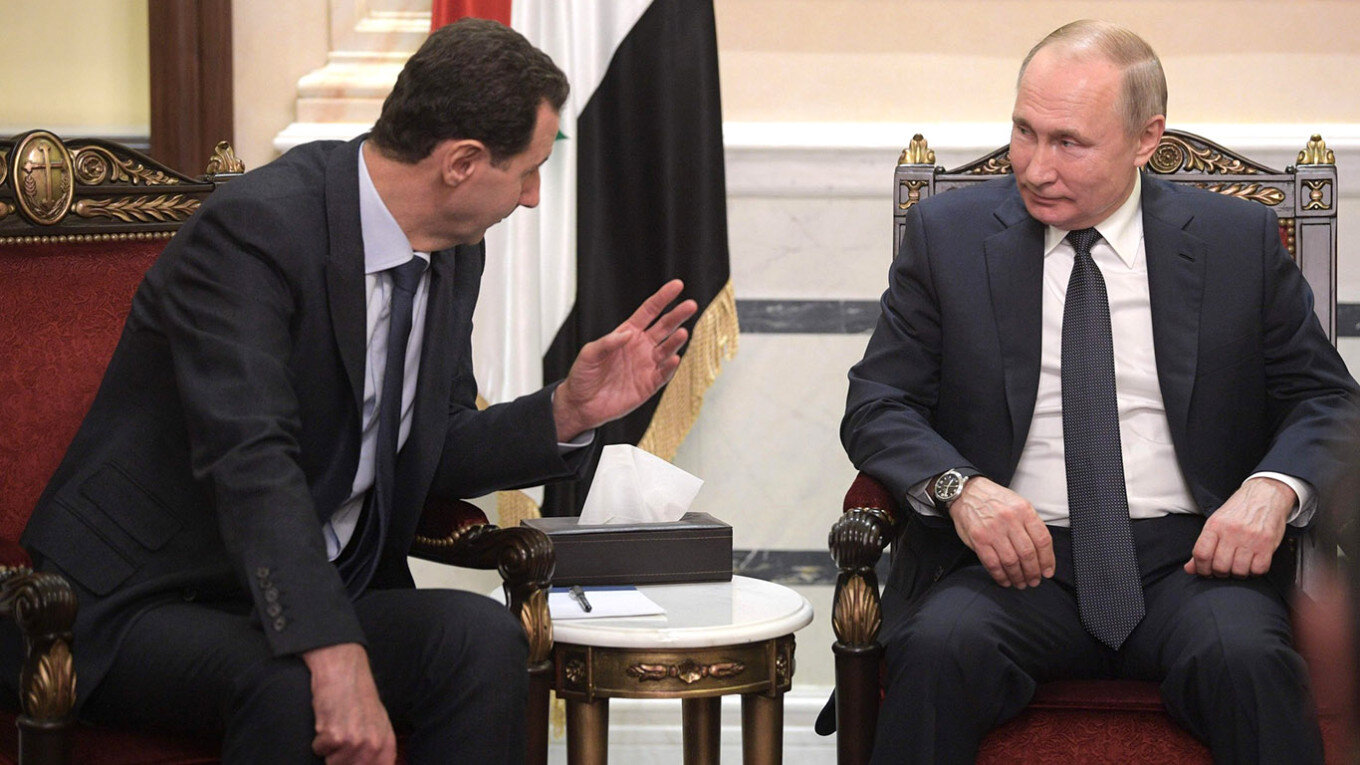








It is a good article. On the other hand, we can also tightened our belts and work hard to promote peace and development. Americans do not have a silver bullet that solves our problems. They pursue their own diplomatic interests. So let us talk to each other and search for solutions, instead of talking about what others can do for us. Just my two cents.